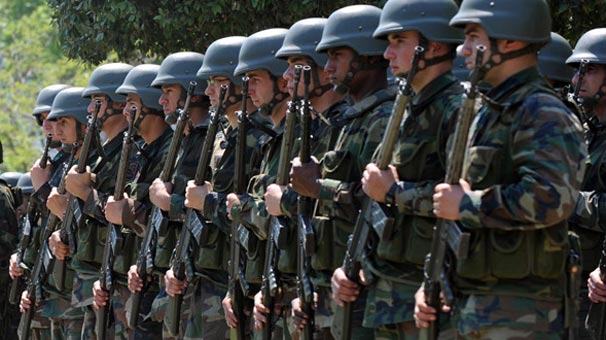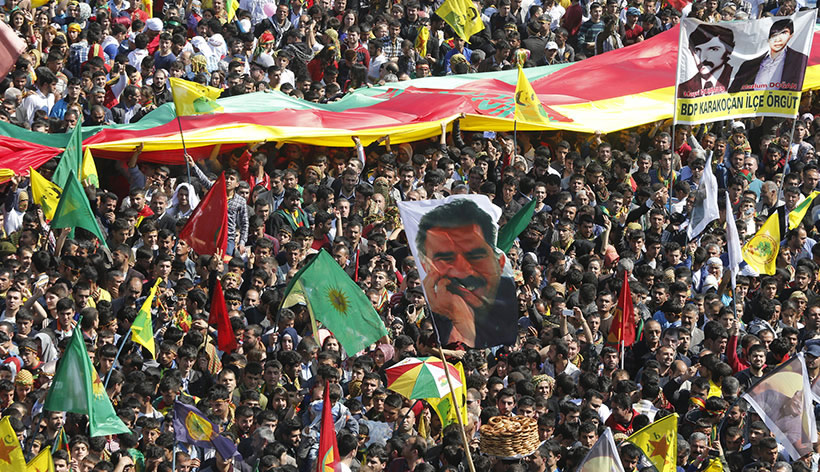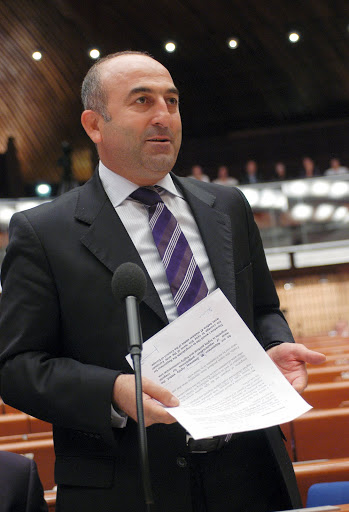As it stands, any political party hoping to send MPs to Ankara must win at least 10% of the national vote first. It is generally understood, although never blatantly said, that the threshold is kept in place to prevent parties with Kurdish roots such as the Democratic Society Party (DTP, formerly DEHAP) from having a say in the country’s direction.
The measure backfired on its architects in glorious fashion, however, when some of the country’s biggest parties – including those that were in government – failed to cross their own barrier in November 2002. In fact, only two parties succeeded: propelled into government was the Justice and Development Party (or AKP, with 34% of the vote) while the Republican People’s Party (CHP, with 19%) were joined by a handful of independents in opposition.
Nearly four years have passed since that election, and it has produced the country’s most stable government in decades. Coalition governments in Turkey, particularly in the 1990s, have been a mishmash of different ideologies. They have never lasted particularly long either, and there is no doubting that much good has come from having a single party in power.
But among all this talk of stable politics, it is very easy to overlook the fact that a massive 57% of Turkish voters were not represented by their party of choice in parliament. How much of a mandate does the current parliament have if it is not even representing half of all votes cast? It is a question that Turkish journalists frequently ask, but politicians don’t like to answer.
The problem lies with the threshold. It is simply too high.
But lowering it is not easy. Many argue that lowering the threshold would allow the election of Kurdish MPs affiliated to the banned Kurdistan Workers Party. They say that such MPs could speak in parliament in support of terrorists – it would even be possible to elect terrorists themselves.
Such arguments are clearly rubbish. Not all Kurds are terrorists – and in a change from the nineties, even Turkish politicians agree. And as Altan Öymen points out in today’s Radikal, if they really were terrorists, they certainly would not be allowed to form a legal political party liken the DTP in the first place.
So if the main objection to lowering the threshold is not a fear of Kurds, what is it? Both the prime minister and main opposition leader support the current system, saying it brings stability to parliament. But the fact remains that had the threshold been lowered to the European norm of 5% ahead of the 2002 elections, there would have been not two but seven parties in parliament. It would have meant fewer seats for the AKP and CHP. It would probably have meant another coalition government. But it would have also meant that twice as many – 80 percent – of Turkish voters would be recognised in parliament.
Neither the AKP nor the CHP want to make the change, and you can see their point of view. After all, why change the system that brought them power, and so much of it?
An encouraging sign is that AKP and CHP leaders admit parliamentary representation is a problem. Recep Tayyip Erdoğan, the prime minister, has suggested introducing a national electoral district alongside Turkey’s 81 existing provincial districts. This national district would be exempt from the 10% threshold, and seats would be allocated to parties according to their share of the national vote. That way, he says, even smaller parties can have a voice in parliament. CHP leaders aren’t keen on the idea, and neither are other opposition parties.
Mr Erdoğan has also spoken of introducing a threshold for independent MPs, which is currently the only way that minorities can enter parliament. Unsurprisingly, independent MPs are less than enthusiastic.
Both of the prime minister’s suggestions ideas are riddled with complications just waiting to happen. They seem to be an attempt to fix around the problem rather than address the core of the issue. But there is reason to be optimistic: Mr Erdoğan has promised to discuss the issue when parliament reconvenes in the autumn. A lower threshold might be long way off yet, but at least there is hope of talk about one. And that is an encouraging sign.







